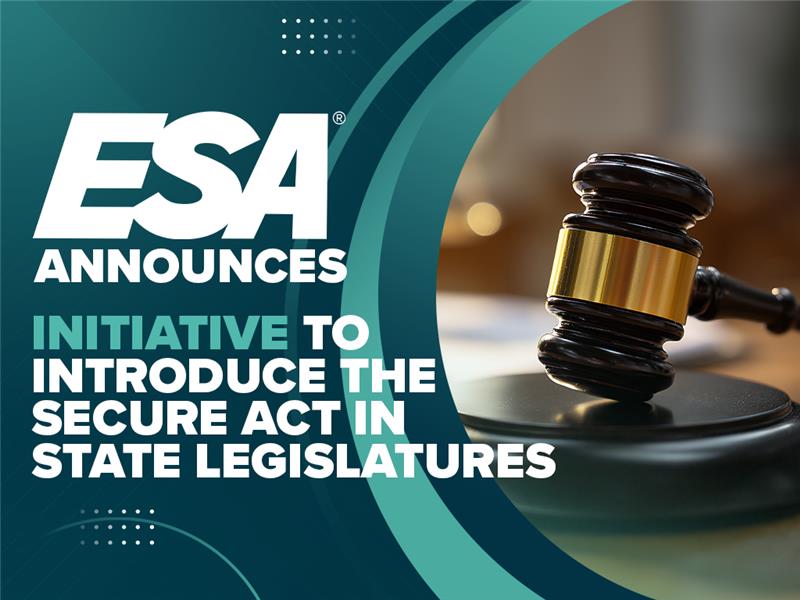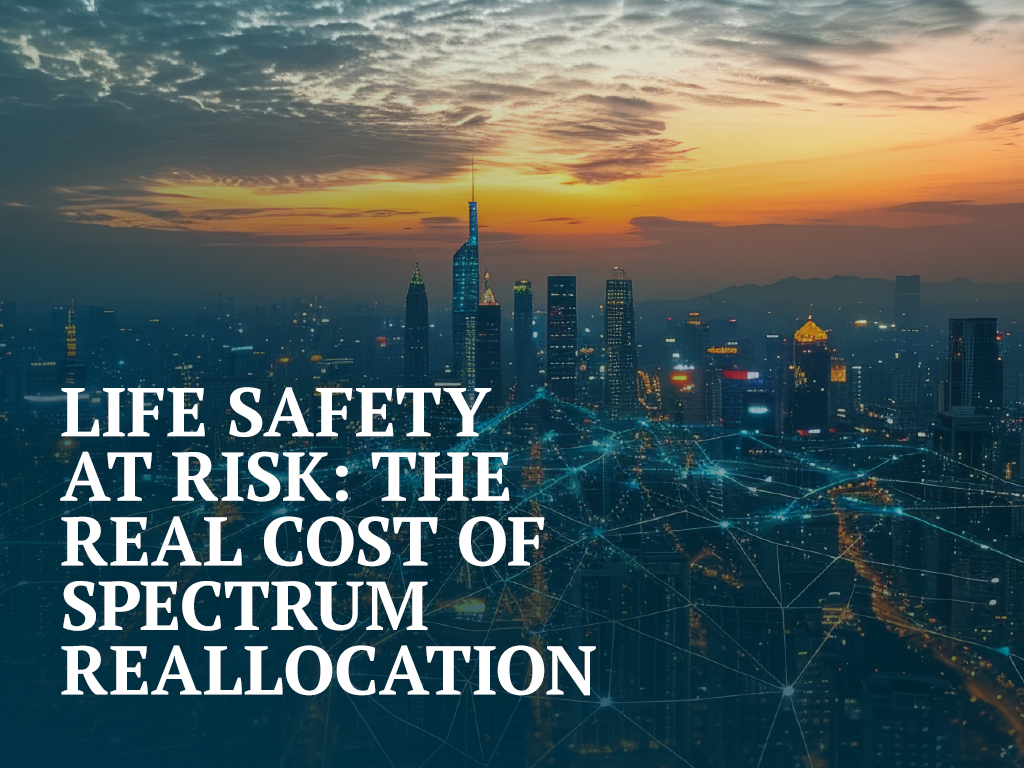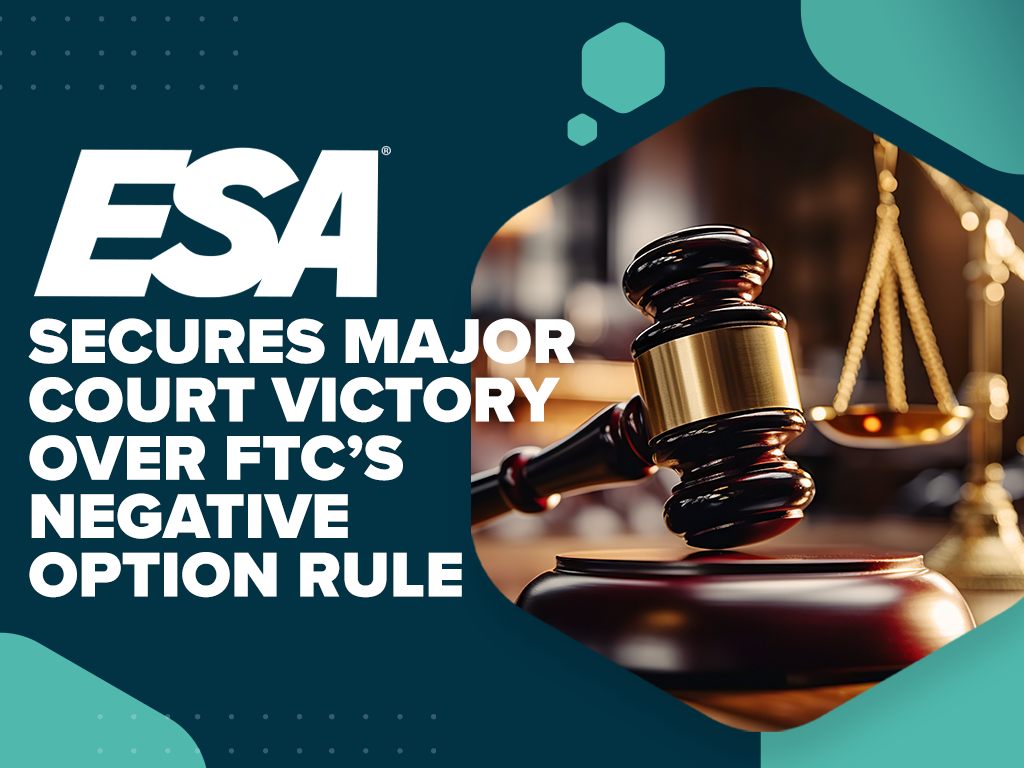The Legislative “L’s” to Watch in 2021

As we drive (or some may say careen) toward the election, we can anticipate any number of outcomes to the economy based on who wins. From the President, to Congress and statewide elections, the next election will likely cause some powerful shifts in policy.
But there are three issues I believe we can expect to see regardless of the outcome, and it will benefit us all to be prepared as they arise in your jurisdiction. They are easy to remember as the three L’s – Labor, Licensing and Low-voltage.
Labor
We experienced a significant rise in the number of bills that adversely impact electronic security and life safety companies in the last year and more are expected. Over 100 bills were tagged with the “apprentice/labor” issue and while not all were necessarily harmful for businesses, some will have a negative impact on many companies in the months and years to come.
Examples include California AB 5, which applies a strict test for defining independent contractors. Referred to as the “ABC Test,” this new law will severely restrict a company’s ability to hire independent contractors to fulfill their demand. The reason – a person cannot be considered an independent contractor if that person performs work that is inside the normal scope of a hiring entity’s business. So, you can hire a carpenter to perform finish work, or a plumber to move pipes, but you can’t hire an independent alarm tech to do work on an as-needed basis as a contractor. You must hire that person and treat him/her as an employee. Look for similar bills in other states in 2021.
Other examples include bills that require alarm contractors who work on public works contracts to use workers that are enrolled in apprenticeship programs or have been through them. These bills have put alarm contractors in New Jersey in an untenable position because they have requirements for apprenticeships that are not even available. Similar bills were introduced and passed in Virginia, Maine and Delaware and many more are expected to be filed in 2021.
Licensing
Occupational licensing is a two-front issue. There is occupational licensing reform, where we see bills that would review all occupational licenses with a goal to reduce as much licensing regulation as possible. Here we are concerned with reform overreach that could potentially eliminate reasonable and necessary licensing requirements that are needed for the good of the industry and protection of consumers. On the opposite end of the spectrum, we are seeing some electrical groups push to take regulatory control over licensing for low-voltage contractors, which we will discuss next. In the middle we saw a number of good bills that reform current licensing laws by providing inter-state reciprocity, particularly for military spouses and families, who often move from one state to another and find themselves unable to work in their chosen trade because they don’t meet the requirements in the new state. As migration from one state to another continues and states struggle to create adequate labor supply, we expect more bills offering reciprocity will continue.
Low Voltage
As mentioned above, we have reacted quickly with other low-voltage industry associations to address bills designed to bring low-voltage contractors under the regulatory control of statewide electrical boards. The current battle ground for this issue is in Maryland where we are facing off with electrical unions and electrical contractor associations who want to bring all low voltage contracting under the control of a statewide electrician board. This and similar measures that were introduced in other states — like Texas last year — will continue to be filed by various legislators in 2021. The reason these groups are pushing for control over low voltage are varied, but it usually boils down to the threat that emerging technology like power over ethernet (PoE) poses for electrical contractors’ scope of work.
We are poised to deliver timely legislative developments and valuable tools to help members address any issue that arises. All we need to help protect your business is you. When the time comes and a good or bad bill hits your state, it is you and your role as a business owner and constituent that can make the difference.




